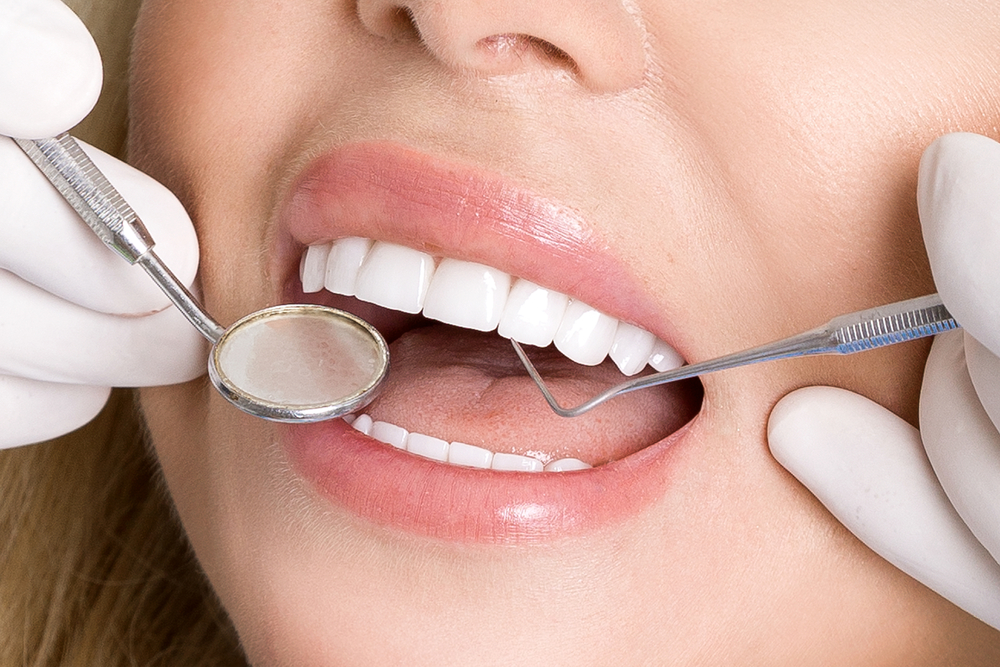5 Things You Didn’t Know About Cavities
Most of us think we know everything we need to about cavities. They're caused by too much sugar, they hurt, and they need fillings. While these basics are true, there's...

If you have porcelain veneers, it’s likely that you already know just how dramatically they can improve your overall smile. From changing the color to altering your teeth’ shape and size, veneers can help a person feel more confident than ever before in their smile.
While veneers are a permanent solution for correcting common smile imperfections, the surfaces can become discolored over time. Read on to learn how to keep your veneers bright and white for years to come, and what to do if they start to yellow.
Porcelain veneers are custom-made shells created from tooth-colored materials. Veneers are incredibly effective at enhancing your natural smile by covering the front surface of each tooth. Once placed, the shells are then bonded to each tooth’s surface, allowing them to appear natural.
Veneers do not stain as easily as the natural enamel found on your teeth; however, they can still become yellow or discolored over time. Surface stains can develop after prolonged exposure to highly pigmented drinks such as red wine and dark coffee.
Other common occurrences that lead to discolored veneers include:
The best way to prevent future stains on porcelain veneers is to care for them as you would care for your natural tooth enamel. Brushing your teeth after drinking coffee or any other dark-colored food or beverage may reduce the acidity and sugars that typically bond to your teeth after a meal. It’s also recommended to try to steer clear of color-saturated foods and drinks that can lead to staining in the first place.
Firmer toothbrush bristles can be damaging to the porcelain covering your veneers. Additionally, a hard-bristled toothbrush can cause the gum line to recede, exposing the veneers’ base. Always brush your teeth with a soft-bristled toothbrush for proper care and help prevent stains after eating and drinking.
While baking soda is a great ingredient to clean natural teeth, it’s abrasive for porcelain veneers, causing them to wear down earlier and become discolored.
There are many brands of toothpaste that are specifically designed to remove buildup on veneers. While some are available online, your dentist may recommend prescription-strength fluoride to keep your veneers at their whitest. Do keep in mind that polishing toothpaste will only whiten minor stains.
Veneers aren’t as susceptible to stains as regular teeth; however, bad habits can make veneers more likely to discolor and stain. The following bad habits can cause noticeable stains, break down the porcelain, and increase your likelihood of developing gum disease.
Veneers let you quickly whiten and brighten your smile. Help keep your veneers looking brand new by taking adequate care of your investment. Avoid foods or drinks that have the potential to stain, brush your teeth regularly, and don’t forget to schedule professional cleanings every six months with your dentist. If you have old veneers, your dentist may recommend replacing them with new ones if you find the discoloration cannot be reversed.
If you have noticed your veneers looking less than perfect, contact Aubrey Baudean DDS today to restore any lost confidence in your beautiful smile.